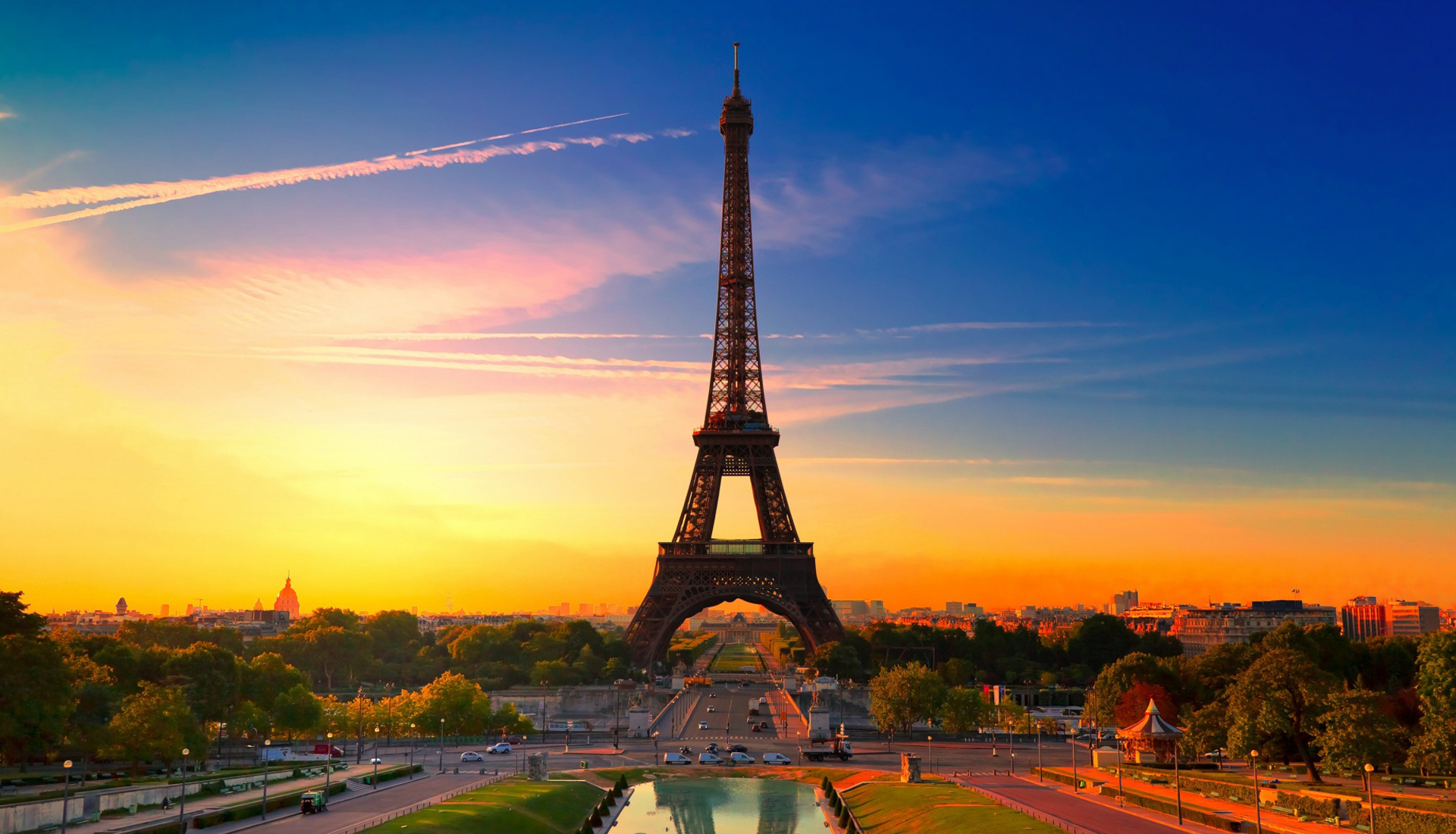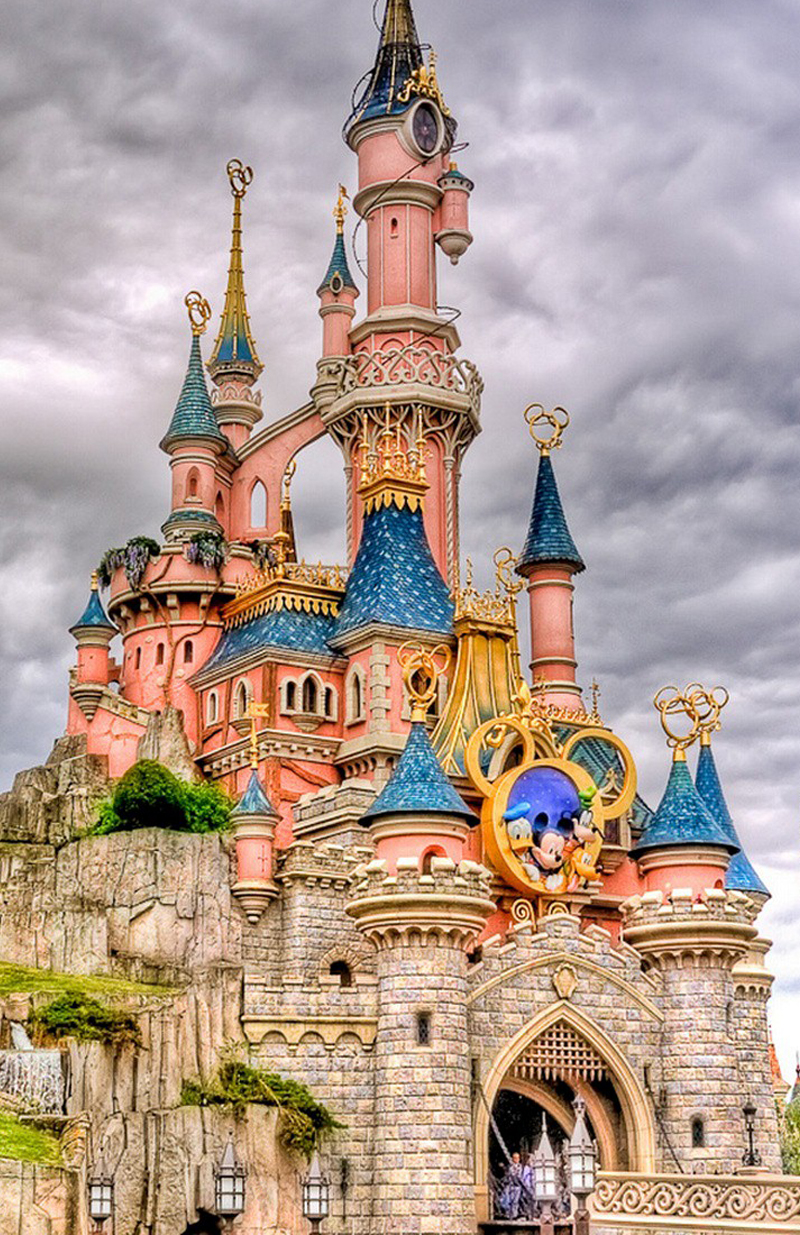History
France boasts a rich and complex history that has shaped its role in Europe and the world. One of the earliest nation-states, France was a leading power in Europe by the mid-17th century. However, the lavish spending of King Louis XIV and his successors led to financial strain, which, combined with mounting social tensions, paved the way for the French Revolution (1789–1794). This period of upheaval marked a dramatic shift in France’s political system, as it oscillated between absolute monarchy and constitutional monarchy in the aftermath of the revolution. During the reigns of Napoleon, King Louis XVII, and King Louis-Philippe, and later under Napoleon III’s rule, France transitioned through different governmental forms. Following the tumultuous events of the Franco-Prussian War in 1870, the Third Republic was established. Despite facing challenges, such as being heavily impacted by World War I, France continued to define its national identity. In 1920, it developed the Maginot Line—a strategic border defense system meant to deter German attacks. When World War II began, Germany occupied France in 1940, dividing the nation into two regions: one directly controlled by Germany and another governed by the Vichy Government. By 1942, Germany occupied all of France. Liberation came in 1944, when the Allied Powers successfully reclaimed the territory. Post-war France saw the establishment of the Fourth Republic, which gave way to political instability during the Algerian War in 1958. This led to General Charles de Gaulle stepping in to create the Fifth Republic to stabilize the nation. De Gaulle was elected president in 1965 but resigned in 1969. Since then, France has transitioned through seven different leaders, fostering stronger European Union ties. In 2017, Emmanuel Macron became the most recent president, continuing France's role as a leading European power.
In 1870 France became involved in the Franco-Prussian War, which led to the establishment of the Third Republic, lasting until 1940. Despite challenges like World War I, France’s resilience shaped its path forward. In 1920, France developed the Maginot Line to defend against German attacks but was ultimately occupied by Germany early in World War II. France remained divided until liberation in 1944 by the Allied Powers.
After World War II, France established the Fourth Republic, which experienced instability during the Algerian War in 1958. This led to General Charles de Gaulle stepping in to create the Fifth Republic to stabilize the nation. De Gaulle was elected president in 1965 but resigned in 1969. Since then, France has transitioned through seven different leaders, fostering stronger European Union ties. In 2017, Emmanuel Macron became the current president, continuing France’s role as a global power.
Best-Selling France Tour
Disneyland Paris
£258.93 £189Good to Know
Country
Visa Requirements
Language Spoken
Currency Used
Area (km2)
Geography
France’s geography is diverse and varied, encompassing everything from coastal plains to mountain ranges. The main part of the country, known as Metropolitan France, is situated in Western Europe. It is bordered by the Mediterranean Sea, Bay of Biscay, and English Channel, and lies southeast of the United Kingdom. France also maintains several overseas territories scattered across the globe, including French Guiana, Guadeloupe, Martinique, Mayotte, and Reunion.
The landscape of Metropolitan France varies from flat plains in the northern and western regions to the mountainous Pyrenees in the south and the Alps in the east. The highest peak is Mont Blanc, standing at 15,771 feet (4,807 meters). France also has a diverse climate. Most of the nation experiences cool winters and mild summers, while the Mediterranean region has milder winters and very warm summers. Paris, the capital, averages 36°F (2.5°C) in January and a high of 77°F (25°C) in July.
France’s varied landscapes, from mountainous regions to flat plains and Mediterranean coastlines, make it one of the most visually stunning and geographically diverse countries in Europe.
Culture
France’s culture is a rich tapestry woven from history, philosophy, art, fashion, cuisine, and intellectual movements. Paris, known as the City of Light, is at the heart of this cultural legacy and is home to world-renowned institutions such as the Louvre, Musée d'Orsay, and Centre Pompidou. French literature has influenced generations through iconic figures such as Victor Hugo, Jean-Paul Sartre, and Simone de Beauvoir. French fashion, led by iconic houses like Chanel, Louis Vuitton, and Dior, has made Paris one of the world’s fashion capitals. French cuisine is equally iconic, known for its wine, cheeses, croissants, and desserts like crème brûlée. French culture places a strong emphasis on creativity, intellectual exchange, and freedom of expression, a heritage that continues to shape its identity today.
Modern French culture celebrates its artistic legacy, literature, philosophy, fashion, and culinary traditions while prioritizing European values such as democracy, freedom, and the arts. From fashion capitals to global intellectual movements, French culture remains a cornerstone of world history and global innovation.
Why You Should Visit
France is a must-visit destination for its unparalleled history, culture, cuisine, and iconic landmarks. From the Eiffel Tower in Paris to the lavender fields of Provence, France offers an incredible variety of experiences. Explore historic castles, indulge in gourmet French food and wine, immerse yourself in world-class art and fashion, and unwind on Mediterranean beaches. Whether you're exploring its charming countryside or vibrant cities, France offers a mix of romance, history, and adventure perfect for every traveler.



